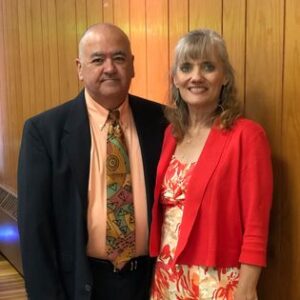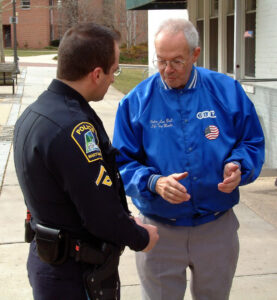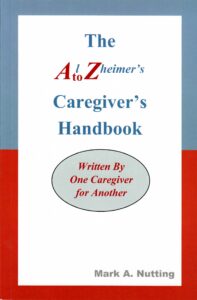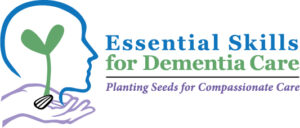Most healthcare professionals choose their profession out of a personal passion to care for others. It is a true labor of love. There is great concern that reaches all of healthcare. This is the depleting pool of professional direct care staff. In reading articles and journal entries from 2018 and 2019, this was already of major concern in the healthcare industry. The pandemic has only contributed to the shortage. However, with the system-wide healthcare shortage, this continues to be most challenging for so many nursing homes, homecare agencies, assisted living, and memory care communities.
Looking at the nursing home level of staffing needed to provide the required basic care there must be a plethora of care staff. These include leadership positions, nurses, social workers, nurses’ aides, activity professionals, rehab therapists, food service and housekeeping personnel. According to research the Bureau of Labor Statistics projects there will be 7.8 million direct care job openings from 2016 to 2026; 3.6 million workers will leave the labor force; 2.8 million workers will leave the field for other occupations, and 1.4 million new positions will be created due to rising demand. “The need for direct care workforce will grow more than any single occupation in the country. From 2016 to 2026, the direct care workforce will add the greatest number of new jobs (as compared to other occupations) in 38 states.” The direct care workforce comprises of personal care aides, home health aides, and nursing assistants in this study.
As a Dementia Specialist, I am educating all healthcare professionals to understand and adopt the culture of person-centered care. This presents a very specific way of delivering care to a client, patient, or resident. Person-centered care is essentially a village of care partners who make it a priority to understand the individual’s needs, wants, preferences, interests, dislikes, history, fears, stressors, past trauma, family system, culture, sexuality, spirituality, social engagement, and purpose. The sad reality is that there is a large amount of healthcare professionals who are not paid what they are worth. There are professionals working to the best of their ability. In many circumstances they are expected to deliver care beyond what one person can do.
I highly suspect that the pandemic has inflated the numbers of the Bureau of Labor and Statistics. We are at an all-time high of healthcare professional emotional and physical exhaustion. We are facing a tsunami of depression and anxiety among healthcare professionals due to the pandemic.
Progress in our healthcare system is far behind. I would like for all readers to take a moment and really think about our future system of healthcare delivery. How can we make a difference in this very gloomy outlook? Is the healthcare professional being properly compensated? Are we providing an organizational system to support and provide relief to our current staff? Are we offering paid time off for self-care and rejuvenation? Are we offering empowerment and autonomy? Are we increasing knowledge and competence by investing in education and training? Are we providing opportunity for professional growth? Our direct care staff deserve to feel supported, acknowledged, validated, and celebrated.
The point is that we will all need some level of assistance as we age. Unless we make change among direct care partners, there will not be service providers to help us. “The number of family members currently providing direct care to loved ones with Alzheimer’s or other dementia is over 16 million and growing. These caregivers are providing an estimated 18.6 billion hours of care valued at nearly $244.00 billion.” Change will occur when we value humans more than animals, objects, and money.







